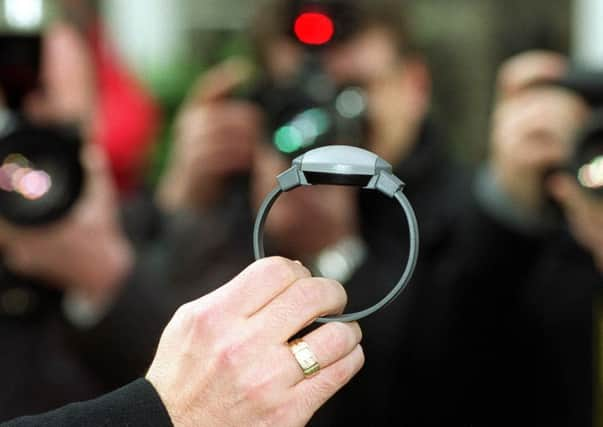Police warned over widening use of GPS tagging on offenders


The Scottish Government is consulting on plans to introduce measures such as GPS tracking and alcohol monitoring as an alternative to prison.
The measures could be extended to allow police to monitor the data collected to help investigate crime.
Advertisement
Hide AdAdvertisement
Hide AdBut the UK’s Information Commissioner’s Office (ICO) has said this should only be done when there is a “legitimate” cause relating to a specific investigation.
Announcing its consultation earlier this year, the Scottish Government said it was considering a “major expansion” of electronic monitoring, which would require the introduction of new legislation.
Changes being considered include the adoption of GPS tracking alongside radio tagging, which is already used for offenders given ankle bracelets.
Courts could also be given the option of using tagging as an alternative to fines or custodial sentences and tags could be used as a condition of release from custody while a police investigation is ongoing.
But data collected through the use of GPS tracking devices could also be used for the investigation of crime.
In his response to the Scottish Government consultation, Ken Macdonald, head of regions for ICO, said: “If personal data are to be shared for the purpose of crime investigation, a legitimate basis will have to be identified and consideration must be given as to how compatible this purpose is with the original monitoring purpose.
“If, at the beginning of the monitoring process, it is the intention to use the monitoring data for crime investigation then this information should be included in the Fair Processing Notice.”
Macdonald said if a “legitimate cause” for investigating a subject could be shown, then it may be possible to do so without notifying them under data projection laws.
Advertisement
Hide AdAdvertisement
Hide AdBut Macdonald added: “However, this can in no way be a fishing exercise and must be specific and with reasonable cause.”
GPS tracking is used in England and elsewhere in Europe for monitoring offenders deemed to be high-risk.
Hannah Graham, a criminologist based at Stirling University, said there was now a “broad consensus” around its introduction in Scotland.
“GPS turns up a huge amount of data,” she said.
“If Police Scotland were to get more involved, they would need to think about their capacity to sort through huge amounts of information.”
Graham added: “My personal position would be to support a Scottish Government person needing to sign off on [requests to access] the data.”